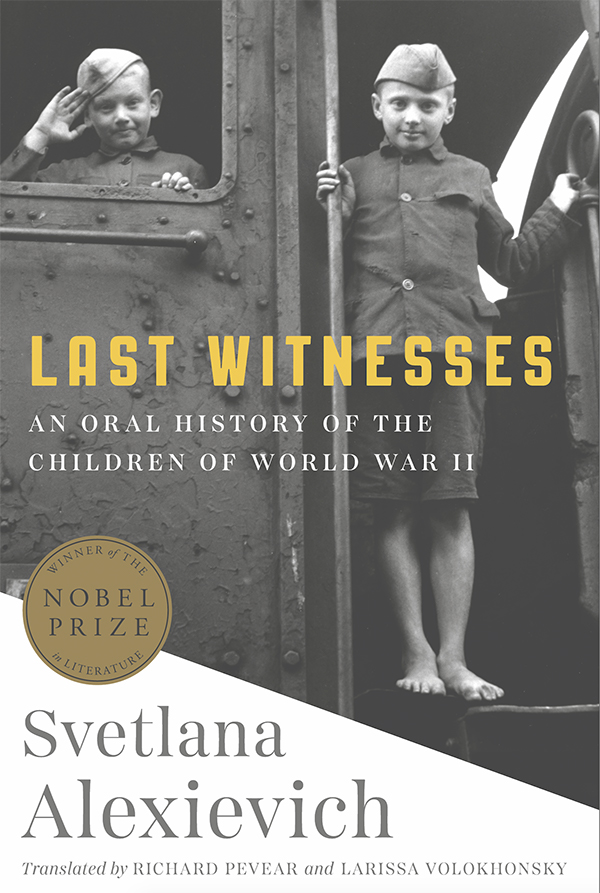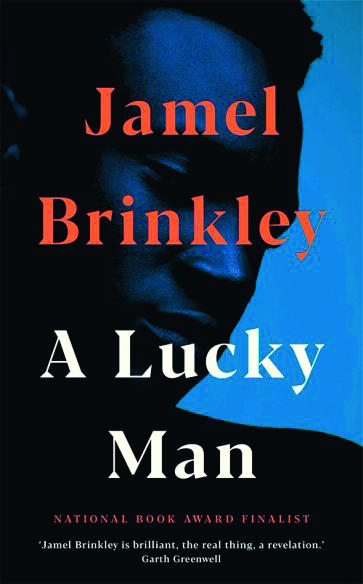Belarusian journalist Svetlana Alexievich is lauded by her peers as one of the leading historians of her generation. But despite writing four of the most remarkable books of the last 50 years, the winner of the 2015 Nobel Prize in Literature is far from being a household name in the English-speaking world.
Perhaps it’s the field she works in – compiling hundreds of witness statements from ordinary people about their experiences of seismic events such as the Second World War, Chernobyl and the Soviet invasion of Afghanistan. Her books sound overwhelming; a tough, taxing read. The fact that her polyphonic memoirs are translated works which, in some cases, are not published in English until years after their Russian release is also likely to have hindered her advancement to superstardom. But I’d guess Mary Beard and Simon Schama would gladly give way if they were asked to clear a path.

Her genius has, however, suddenly come to the attention of thousands of new readers in an unexpected way; Craig Mazin, screenwriter of the magnificent TV drama Chernobyl, recently cited her “essential, heartbreaking” oral history Chernobyl Prayer as a main source for his script. Since the series started, UK sales of the book have increased by 1,088 per cent. A righteous correction – I can’t imagine an account of Chernobyl more revealing, reliable and readable than Alexievich’s.
The good news for those thousands of newly enlightened souls is that the first English translation of 1985’s Last Witnesses is published this month. For over 10 years Alexievich travelled round the Soviet Union collecting memories from those who had been children during the Second World War to compile a series of intimate recollections from hitherto unheard voices. She makes it look simple; just a matter of time and toil. But seasoned interviewers will understand what an immense achievement this profound, revelatory book is.
Alexievich uncovers some of the most evocative war stories ever published
Through an artfully crafted and sincerely empathetic technique of enticing, soothing, and teasing out – gentle, unobtrusive, knowing when to encourage and when to let a pause run its course – Alexievich uncovers some of the most evocative war stories ever published. Like 1985’s The Unwomanly Face of War, in which she spoke to women directly involved in, or left behind for, the Second World War, Last Witnesses brings us a viewpoint we haven’t encountered close-hand before. For me, reading the testimonies of grown-ups tenderised by the experience of returning to their naive childhood selves – bewildered, devastated, and traumatised by the shock of war – is even more affecting.
“My brother and I made nooses to hang ourselves and put them around our necks. Mama kissed us all.” “Little Nadenka lay in white swaddling clothes, and they burned her.” “In the morning, mama began to die.” Alexievich has referred to her mission to “capture the life of the soul”. In Last Witnesses, she brings souls back to life.










